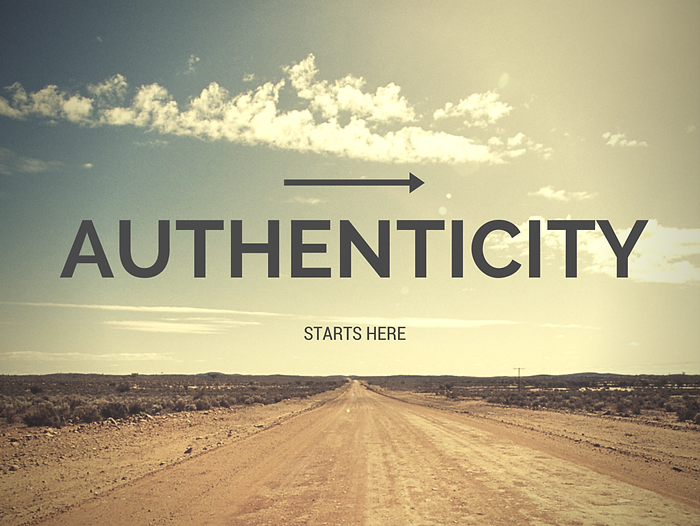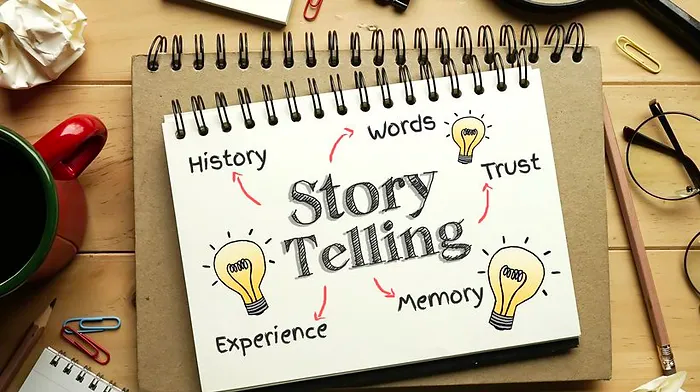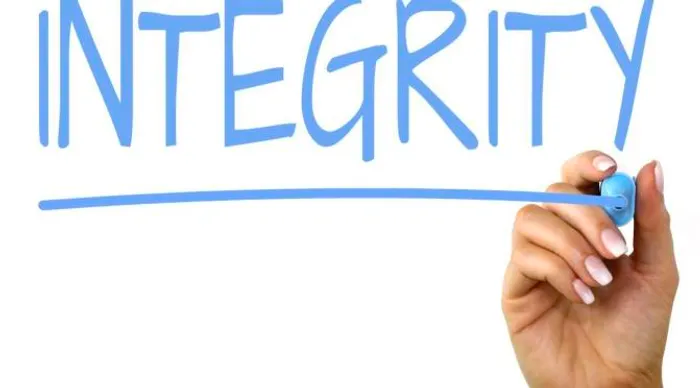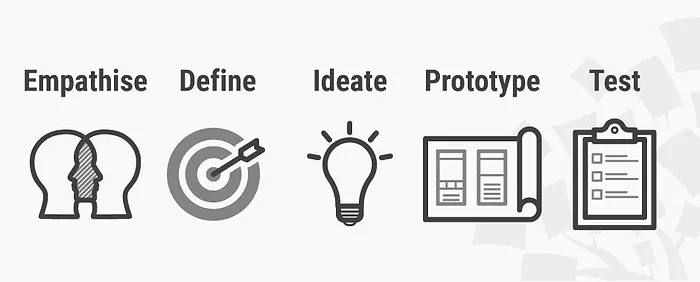Future Proofing Your Executive Career
- Smitashree Menon
- Apr 28, 2023
- 8 min read
Updated: Jan 8, 2025

In the last few years, I have had the privilege to be a part of career conversations with many well accomplished, extremely qualified and highly successful senior executives in the valley, in the US as well as globally. What makes some of these individuals stand out more versus others, in the extremely competitive executive talent space? Here are some of the critical success factors that are ingredients in future proofing your "executive career" based on developments and observations in the ever-changing environment around us:
Hybrid Skills

Executives that can straddle technology competence with deep domain and functional expertise have a distinct advantage in today's landscape. There is practically no industry that has not had been or being touched by the transformation and adoption of new technologies in their quest for survival for cost optimization, increasing operational efficiencies, speedier execution and superior customer experiences. An executive's ability to be able to understand and lead this complex environment and drive this transformation journey seamlessly with minimal disruption to the business, will be a much sought after skill set in the coming years. Sundar Pichai, CEO of Alphabet and Google, has a strong technical background and has a deep understanding of the internet and consumer technology, having worked at Google for over two decades. Under his leadership, Google has expanded into new areas such as artificial intelligence and self-driving cars, demonstrating his ability to identify and capitalize on emerging technologies.
Global Mindset

An executive that has had an immersive experience in another continent/country, brings tremendous value in their ability to understand what works in different markets / geographies, be it the mature economies or a stint in the asian giants. These experiences bring about exposure not only to the uniqueness of the marketplace, legalities of operations and consumer behavior patterns but also the cultural nuances that go a long way for an executive to be able to successfully drive a multi-cultural and inclusive business for results. Indra Nooyi (former PepsiCo CEO) was known for her global mindset and for her focus on sustainability, health and wellness. She expanded PepsiCo's global reach, making it a truly multinational company.
Visioning Skills

Be it the inspirational Larry Page's Moonshots, Elon Musk's audacious vision for constant innovation or Jeff Bezo's insatiable appetite to be a constant game changer and radically change the very paradigm of the definition of technology ever so often, these leaders exemplify the power of being true visionaries. The ability of an executive to be able to present clarity of thought on their vision for success and how he/she can make an impact with their skills/experience makes for a compelling value proposition.
Authenticity and Vulnerability

Enough has been said and written about the importance of authentic leadership - the ability and courage to be imperfect, vulnerable and still be extremely successful at what you do. Executives that have realistic perceptions of reality, are accepting of themselves (and their flaws) and of other people thereby exhibiting intrinsic inclusive behavior and are open to learning from their mistakes, have been proven to be more effective in leading organizations successfully. Daniel Schulman, Former President and CEO of PayPal, had gone on record to say that one of the key criteria while hiring executives is to see how they have failed and what have they learnt from that experience to make them better leaders today. Late Susan Diane Wojcicki, former CEO at YouTube, practiced a strong belief in leading from the front and exhibiting a culture of servant leadership - some of her leadership initiatives include the expansion of paid family leave, helping out Syrian refugees, countering gender discrimination at technology companies, getting young girls interested in computer science, and prioritizing computer programming and coding in schools.
Historically, one of the best examples of servant leadership is the ancient ritual of Chhera Pahanra, that takes place during the annual Rath Yatra festival in Puri, Odisha, India. It involves the Gajapati King of Puri sweeping the chariots of the deities Jagannath, Balabhadra, and Subhadra. The ritual is performed annually to this day, to demonstrate the king's devotion to the Lord and to convey the message that God is equal to all people, irrespective of caste, creed, religion, race, color or ethnicity.
Geo-political Acumen

On February 24, 2022, Russia invaded Ukraine, intending to overthrow Kyiv’s government. The west was outraged. The US, UK and EU imposed sanctions with the aim of crippling Russia’s economy. The world’s biggest brands – among them McDonald’s, Coca-Cola, and BP, icons of the post-Soviet era – jettisoned three decades of investment and withdrew from the market.
Write-downs ran into billions of dollars. Corporate reputations nurtured over decades were destroyed in days. It was especially striking that pressure to withdraw came not from the difficulty of operating in the host market but from home-country governments and their activist consumers. Directors of international companies who thought they had mastered geopolitical risk were in shock.
Currently, rising tensions between the US and China, has massive implications in all areas of trade and balance of power globally, impacting manufacturing, supply chains and critical product capabilities the world over. As most global corporations move towards creating a "Global Chief Manufacturing" role that pans all regions and geographies of operations, to deal with geo-political complications, executives need to master the art of building self reliant manufacturing capabilities and resilient supply chains thereby reducing the dependency on unfavorable relationships with certain countries.
A single event might spell trouble for one company or division while providing opportunities for another. Just as important will be the resources and experience that a company can draw on.
Each companies’ appetite for risk will be different too. Some will have cultures where they feel at home in risky markets while others will guard their reputation at all costs. Every chief executive and board has to determine their company’s specific risk profile and its response to any threat.
Resilience

I recently heard the CEO of a highly successful technology company that went public in 2016, talk about a 3 way continuum propounded by Nassim Taleb - the ability of an executive to go from a state of being "fragile" to a state of "robustness" and then to the end desired state of being "anti-fragile". Anti-fragile is the highest state of resilience - that helps prepare leaders build their capacity to absorb the most brutal of shocks and uncertainty and emerge stronger for it. One of the best examples of a resilient leader is Elon Musk. Musk has faced numerous obstacles, from near-bankruptcy at Tesla to rocket launch failures at SpaceX. Yet, he consistently perseveres, adapting and innovating to achieve his ambitious goals. His resilience has been instrumental in revolutionizing electric vehicles and space exploration.
Growth Mindset

This philosophy is being exemplified at Microsoft by Satya Nadella and the entire organization. This is the notion that you should take nothing for granted and always be willing to check your assumptions as new data comes in. You increasingly come across leaders that take bold steps in pivoting their strategies full circle when the need arises on account of having a "growth mindset" as opposed to a "fixed mindset" that would inhibit the ability to adapt and change to stay relevant in the game. Jeff Bezos has consistently demonstrated a growth mindset throughout his career. He's known for his willingness to experiment and take risks, even if it means disrupting existing business models. His leadership at Amazon has been characterized by a focus on customer obsession and a commitment to continuous innovation. Mary Barra, the CEO of General Motors (GM), has demonstrated a growth mindset and resilience with a capacity to lead through adversity in a number of ways - Barra has led GM through difficult times, including the ignition switch recall crisis and the COVID-19 pandemic. She has shown the ability to make strategic decisions in uncertain times.
The Art of Storytelling

Nothing is more important for an executive than the ability to be a strong communicator and a compelling storyteller in presenting your own value proposition to your audience. And there is no better example than Steve Jobs - he was a master storyteller, known for his captivating product launches where he wove together technical details with emotional narratives. He painted vivid pictures of how Apple products would change people's lives, creating a sense of excitement and anticipation. Other great examples include Howard Schultz (Starbucks), a skilled storyteller who uses his personal experiences to connect with customers and employees. He often shares stories of his childhood and his journey to building Starbucks, inspiring others to pursue their dreams and make a positive impact. Then, there is Marc Benioff (Salesforce) who is a passionate advocate for social responsibility, uses storytelling to communicate the importance of giving back to the community. He shares stories of Salesforce's philanthropic initiatives and encourages employees to get involved in making a difference.
Ethics and Integrity

at the core of your personal brand: C-Suite leaders are increasingly being scrutinized for their reputation - the ability to present an impeccable personal brand that personifies very strong individual values around ethics and integrity, is a distinct advantage.
Satya Nadella, CEO of Microsoft, is widely recognized as a leader who strongly promotes ethical practices, emphasizing transparency, responsibility, and a focus on the societal impact of technology, particularly in areas like AI, by prioritizing user privacy and ensuring the development of inclusive and accessible software, making him a prominent example of ethical leadership in the tech industry.
Design Thinking Skills

is a critical skill set and methodology - thinking like a designer brings about the best creative solutions at the workplace. Tim Cook (Apple) has effectively utilized design thinking principles to drive innovation and success by consistently emphasizing the importance of user experience and design in Apple's products. He has overseen the development of innovative products like the iPhone, iPad, and Apple Watch, which are known for their intuitive design and user-friendly interfaces. Brian Chesky and Joe Gebbia, the co-founders of Airbnb, used design thinking to create a unique and innovative accommodation platform. They focused on understanding the needs and desires of both hosts and guests, creating a platform that is both welcoming and trustworthy.
Entrepreneurial Zeal

When speaking with a few CEOs, one of the skill sets that they want to see while hiring their executive talent, is "entrepreneurial zeal" - a demonstrated ability to carve out business success for mid to long term profitability, end-to-end for a portfolio assigned to you. Mark Zuckerberg's (Meta) entrepreneurial drive has been instrumental in Facebook's meteoric rise and its evolution into a social media behemoth. He continues to push the boundaries of social connection and virtual reality with Meta and his other platforms. Travis Kalanick's (Uber) entrepreneurial spirit was evident in Uber's rapid growth and disruption of the taxi industry. He was a visionary who saw the potential of the ride-sharing model and aggressively pursued it. Reed Hastings's (Netflix) entrepreneurial zeal is evident in Netflix's transformation from a DVD rental company to a global streaming giant. He consistently innovated and adapted to changing consumer preferences, revolutionizing the entertainment industry.
True leadership is about serving a greater purpose, fostering a culture of excellence, and navigating uncertainty with resilience and grace. The most impactful leaders are those who prioritize human connection, embrace diversity, and champion sustainable and ethical practices. In an era of rapid change, the ability to anticipate, adapt, and lead through disruption will define successful organizations and their leaders. Even at the executive level, it becomes imperative to think about re-skilling and building up your repertoire of critical competencies as you work towards future-proofing your executive career.
Sign up for theboardiQ EDGE - Elevate your "edge" through strategic coaching
Unlock your potential that empowers you to navigate challenges and thrive in all areas of life.. Achieve extraordinary results with theboardiQ Edge personalized coaching module.






Comments